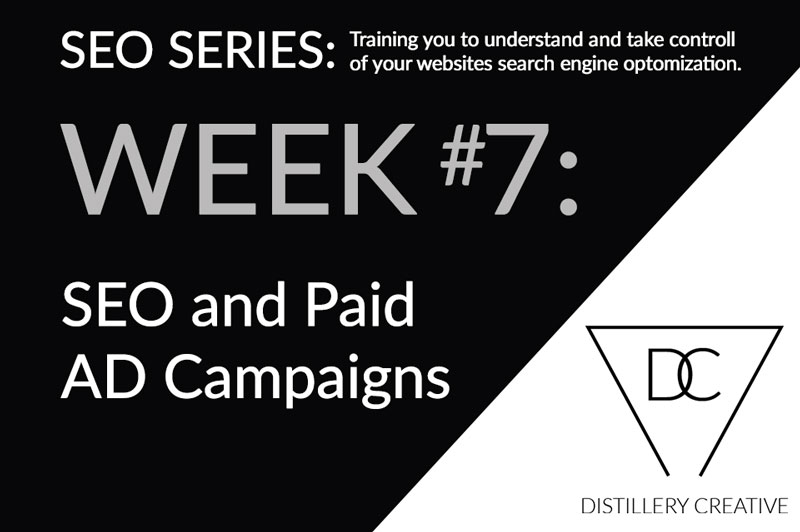
SEO and Paid Search Campaigns
So far, everything we have talked about in this series has been focused on improving your company’s visibility through something called “earned media.” Earned media is focused on providing good content that earns results through organic searches, social shares, etc. It can cost money to develop the strategies and processes, but you don’t actually pay to get your message in front of your audience. With earned media, more money does not necessarily mean better results.
Paid search campaigns (also called pay-per-click campaigns, or PPC) are the exact opposite. The goal is to pay to get your message out there through advertisements. The more you spend, the further you broadcast your message. It’s like traditional advertising methods.
The great thing about PPC is that it has several similarities to SEO. Both tie in to your digital marketing plan, and both rely on proper keyword research. Both rely on good content to capture users’ attention, turn them into visitors to your website, and convert them into customers.
So if you’re working on your SEO, why should you also set up a paid search campaign? Here are a few reasons:
1. SEO requires patience; PPC provides quick results.
Perhaps the biggest drawbacks of SEO as a marketing strategy is that it can take months to see the results of your hard work. One of the reasons is because it takes time to prove yourself as an authority, and you have very little control over the factors for your page rank. It’s worth it once you’ve established yourself, but the process is long and hard.
With PPC, however, you have much more control over the immediate results. Your main limitation is your marketing budget. You can put your message in front of targeted viewers immediately after you set up your campaign. As a result, you can start getting new customers much more quickly.
2. SEO is for establishing long-term authority; PPC is for running a short-term campaign.
Let’s say you are a gourmet chocolatier. SEO is perfect for establishing yourself as a business. You can spend time optimizing your pages for people who are looking to buy chocolates year round, and slowly prove yourself as an authority in the chocolate-making world online.
But, for example, say you want to advertise your special sale on boxed chocolates for Valentine’s Day. You build a special landing page for the sale and optimize it for the right keywords. But, because SEO requires time to rank high, you’re not likely to see much of a return on your investment before the sale is over. This is where PPC comes in. You can target your ad for people searching for Valentine’s Day gifts and see immediate results without having to first present yourself as an authority.
3. SEO is unpredictable; PPC is stable.
The #1 spot for your keyword is never certain. Search engine algorithms are always changing. (In fact, Google makes hundreds of small changes to their algorithm every year.) Your competitors are always improving. You can’t control where you land on the results page.
In contrast, if you set up your PPC campaign correctly, the number of times you will appear in relevant searches and pages will be relatively stable. You can control where you appear and how frequently you appear, resulting in a much more stable and reliable marketing strategy.
Are you interested in learning more about how paid advertising complements SEO? We’d love to talk with you! Contact us to learn more!


